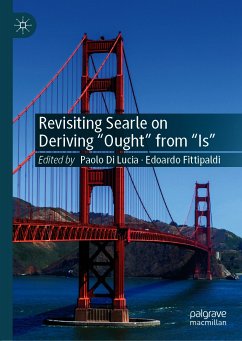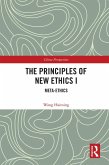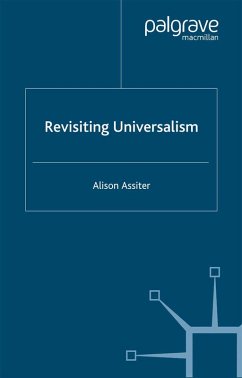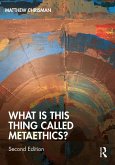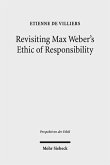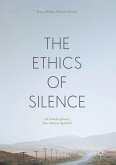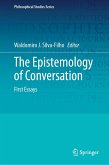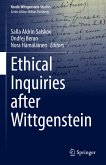- Barry Smith, SUNY Distinguished Professor of Philosophy and Julian Park Chair, University of Buffalo, USA
This book reconsiders the supposed impossibility of deriving "Ought" from "Is". John R. Searle's 1964 article How to Derive "Ought " from "Is'' sent shockwaves through the philosophical community by offering a straightforward counterexample to this claim of impossibility: from your promising something- and this is an "is" - it simply follows that you 'ought' to do it. This volume opens with a brand new chapter from Searle who, in light of his subsequent philosophical developments, expounds the reasons for the validity of that derivation and its crucial significance for social ontology and moral philosophy. Then, in a fresh interview with the editors of this volume, Searle explores a range of topics including how his derivation relates to constitutive rules, and how he views Wittgenstein's philosophy, deontic logic, and the rationality of action.
The remainder of the volume is dedicated to a deep dive into Searle's essay and its implications by international scholars with diverse backgrounds ranging from analytic philosophy, phenomenology, and logic, to moral philosophy and the philosophy and sociology of law. With thirteen original chapters, the contributors provide fresh and timely insights on hotly debated issues: the nature of "Ought"; the logical structure of the social world; and the possibility of deriving not only "Ought" from "Is", but "Is" from "Ought".
Dieser Download kann aus rechtlichen Gründen nur mit Rechnungsadresse in A, B, BG, CY, CZ, D, DK, EW, E, FIN, F, GR, HR, H, IRL, I, LT, L, LR, M, NL, PL, P, R, S, SLO, SK ausgeliefert werden.

